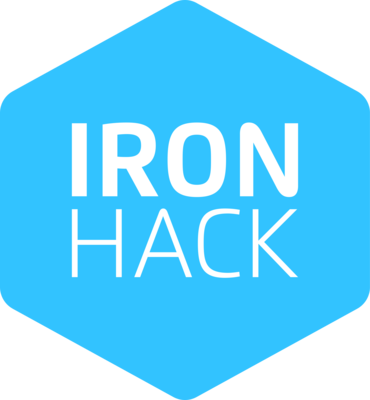470 reads
Busting Myths About Tech Bootcamps: Challenge What You Think You Know
by
July 19th, 2022
Audio Presented by

Immersive Web Development, UX/UI Design, Data Analytics, and Cybersecurity bootcamps for a global community of students.
About Author
Immersive Web Development, UX/UI Design, Data Analytics, and Cybersecurity bootcamps for a global community of students.
